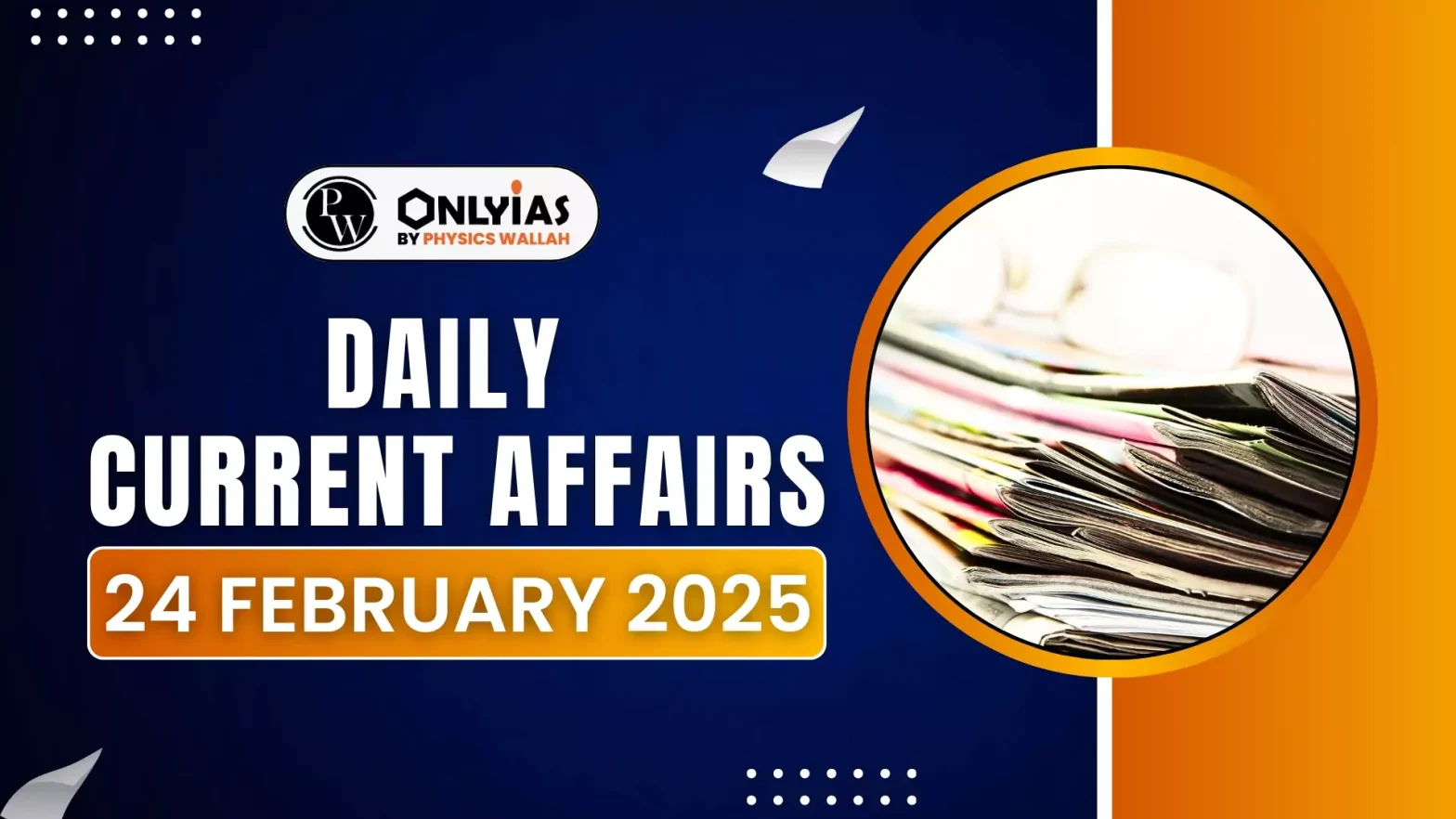The Ministry of External Affairs (MEA) has requested Kenya to revoke the diplomatic immunity of a Kenyan diplomat’s son, enabling his prosecution for the alleged sexual assault of a minor girl.
Indian Laws Involved in the Arrest
- Protection of Children from Sexual Offences (POCSO) Act, 2012
- Section 10: Covers aggravated sexual assault, imposing stricter punishment for the crime.
- Bharatiya Nyaya Sanhita (BNS), 2023: Section 75(2)deals with offenses involving the sexual exploitation of minors.
- Criminal Procedure Code (CrPC): Section 188 allows prosecution of foreign nationals for offenses committed in India.
- Diplomatic Relations (Vienna Convention) Act, 1972: Governs the implementation of the Vienna Convention in India.
- Allows for diplomatic immunity but also recognizes situations where it can be waived by the sending country.
About Vienna Convention on Diplomatic Relations (1961)
- Established to: Define fundamental principles governing the treatment of diplomatic representatives among countries.
- Adopted on: April 14, 1961, at the United Nations Conference on Diplomatic Intercourse and Immunities, held in Vienna, Austria.
- Aim: To foster friendly international relations and maintain effective diplomatic communication.
- India’s Ratification: Implemented through the Diplomatic Relations (Vienna Convention) Act of 1972.
Key Provisions of the Vienna Convention on Diplomatic Relations
- Diplomatic Immunity: Diplomats are exempt from certain laws and taxes in the host country.
- Immunity applies to both criminal and civil matters, ensuring diplomats can perform their duties without fear of intimidation.
- Protection from Arrest: Diplomats cannot be arrested or detained in the host country. The host nation must respect and protect their person, liberty, and dignity.
- Family members residing with the diplomat also enjoy the same immunity.
- Inviolability of Diplomatic Premises: Diplomatic buildings, including embassies and consulates, cannot be entered or searched by host country authorities without permission from the sending state.
- This ensures protection of confidential diplomatic activities and documents.
- Mission Size Limits: The host country has the authority to restrict the size of foreign diplomatic missions. This is based on national security concerns or mission requirements.
- Persona Non Grata: The host country has the right to declare any diplomat as ‘persona non grata’ (unwelcome) at any time.
- No explanation is required for expelling a diplomat from the country.
Exceptions to the Vienna Convention on Diplomatic Immunity
- Waiver by the Sending State: A diplomat’s home country can voluntarily revoke immunity, allowing legal proceedings in the host country.
- Commercial and Private Activities: Diplomats are not immune from prosecution in cases related to commercial transactions or personal civil matters (e.g., real estate disputes).
- National Security Threats: If a diplomat is involved in serious crimes that threaten national security, the host country can request their expulsion or immunity waiver.
- Abuse of Immunity: If a diplomat misuses their immunity, the host country may apply diplomatic pressure on the sending state to take action.
- United Nations and International Law: In extreme cases, international organizations like the United Nations may intervene to address disputes involving diplomatic immunity violations.
Challenges with the Vienna Convention on Diplomatic Relations
- Misuse of Immunity: While diplomats must respect host country laws, immunity can sometimes be exploited, making legal enforcement difficult.
- Limited Accountability: Diplomats accused of crimes often cannot be prosecuted unless immunity is waived by the sending country, leading to potential justice delays.
- Host Country Constraints: Governments have limited options to act against diplomats violating laws, apart from declaring them persona non grata.
- Diplomatic Tensions: Allegations of misconduct can strain international relations, as requesting immunity waivers may be seen as politically sensitive.
Way Forward for Addressing Challenges in the Vienna Convention on Diplomatic Relations
- Strengthening Accountability: Establish international mechanisms for better oversight and encourage sending states to waive immunity in serious cases.
- Revising Legal Provisions: Introduce clearer guidelines on exceptions to immunity, particularly for crimes threatening national security or involving personal commercial activities.
- Enhancing Diplomatic Cooperation: Foster dialogue between nations to ensure diplomatic immunity is not misused while maintaining the integrity of international relations.
![]() 24 Feb 2025
24 Feb 2025
